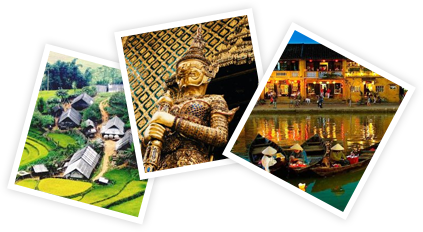Once coming to Bagan, travelers will not have to worry about having any interesting places to visit. In fact, is deciding on which destination to go to first is the only problem they may encounter. Bagan, as the capital of the first Myanmar Empire, is home to various archaeological sites. Visitors can embark on a historical and spiritual journey exploring many monuments, pagodas and temples found throughout the area. You can see destinations in Bagan at Indochina travel Vietnam
Dhammayangyi Temple, Central Plain in Bagan
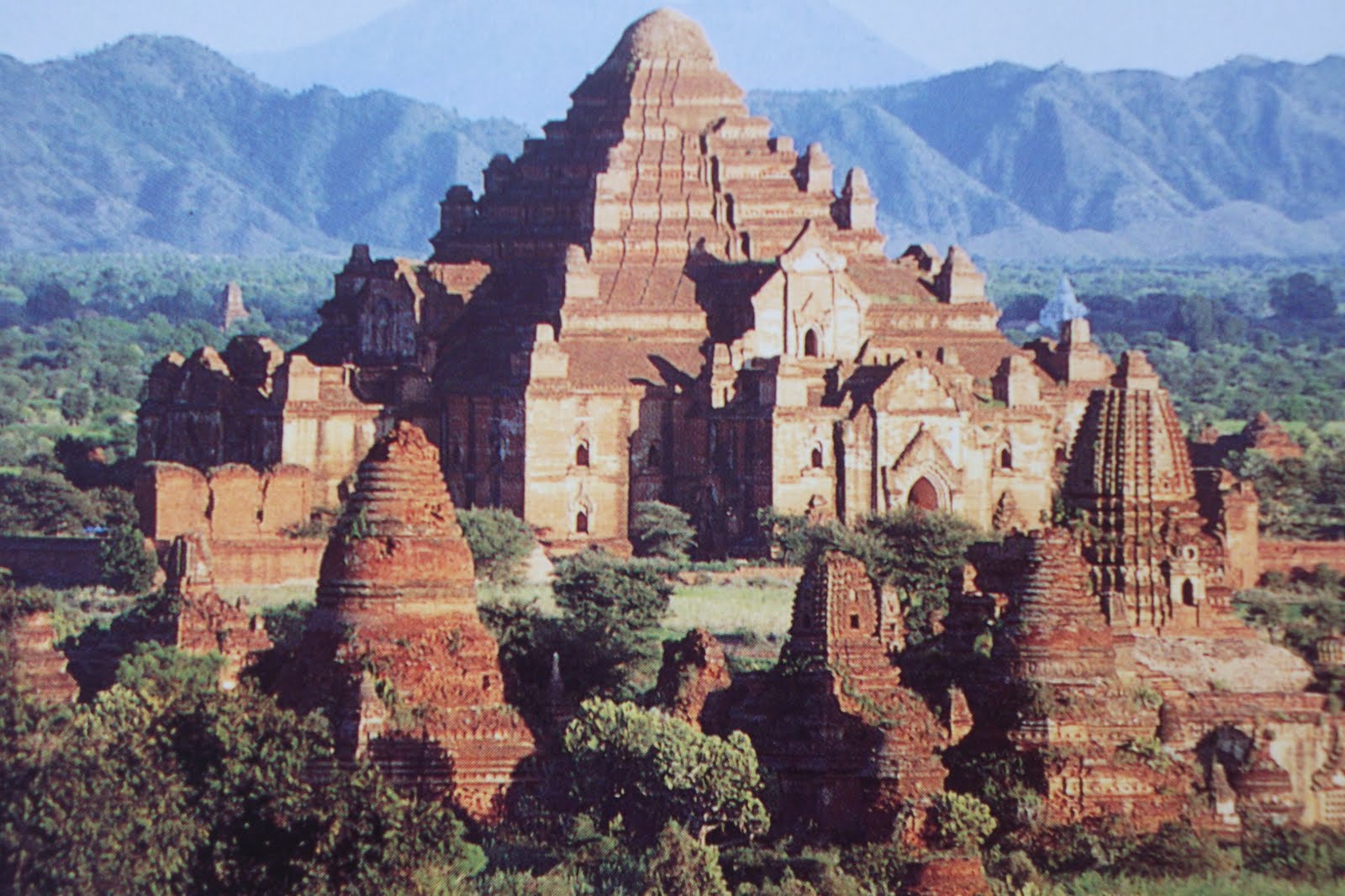
Narathu is still remembered as the founder of the Dhammayangyi Temple, the largest shrine of Bagan, which rises from the scrub a short stroll southeast of the Shwesandaw although he occupied the throne for only a short time period. Narathu built the Dhammayangyi intending to make amends for his misdeeds and deep concern about his karma for future lives after having murdered his father and brother. With a layout similar to that of the Ananda but lacking the delicate, harmonious touch of its prototype, it is now the best-preserved Bagan’s temple. However, the masonry and brickwork and masonry are not equal.
Ananda Temple, Northern Plain
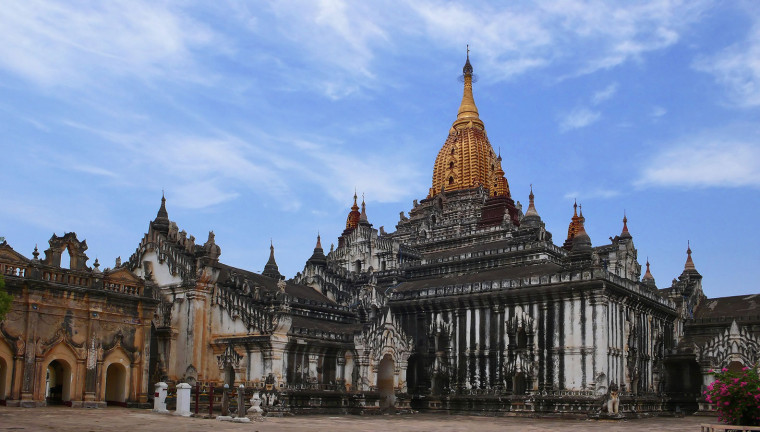
The Ananda Temple, Just to the east of the old city walls, is considered the masterpiece of Bagan’s surviving Mon architecture. The structure of the building, which was completed in 1091, is that of a simple corridor temple. The central superstructure, which itself is inlaid with four huge niches, is surrounded by four large vestibules, each opening out symmetrically into entrance halls. In the shape of a perfect Greek cross, the entire enclosure is 53 meters (174ft) on each side. There are four 9.5 meter (31ft) –tall teak Buddha images, dimly lit from the slits in the sanctuary roof in the alcoves facing the four cardinal points. The originals are the south and north facing statues while those facing west and east are later copies.
Five terraces, which are covered with 389 terracotta-glazed tiles illustrating Jataka stories, are consisted in the roof above the central superstructure. They also represent the largest collection of such tiles in Bagan, like those inside the temple and at its base. Myanmar travel packages
Upali Thein, Northern Plain
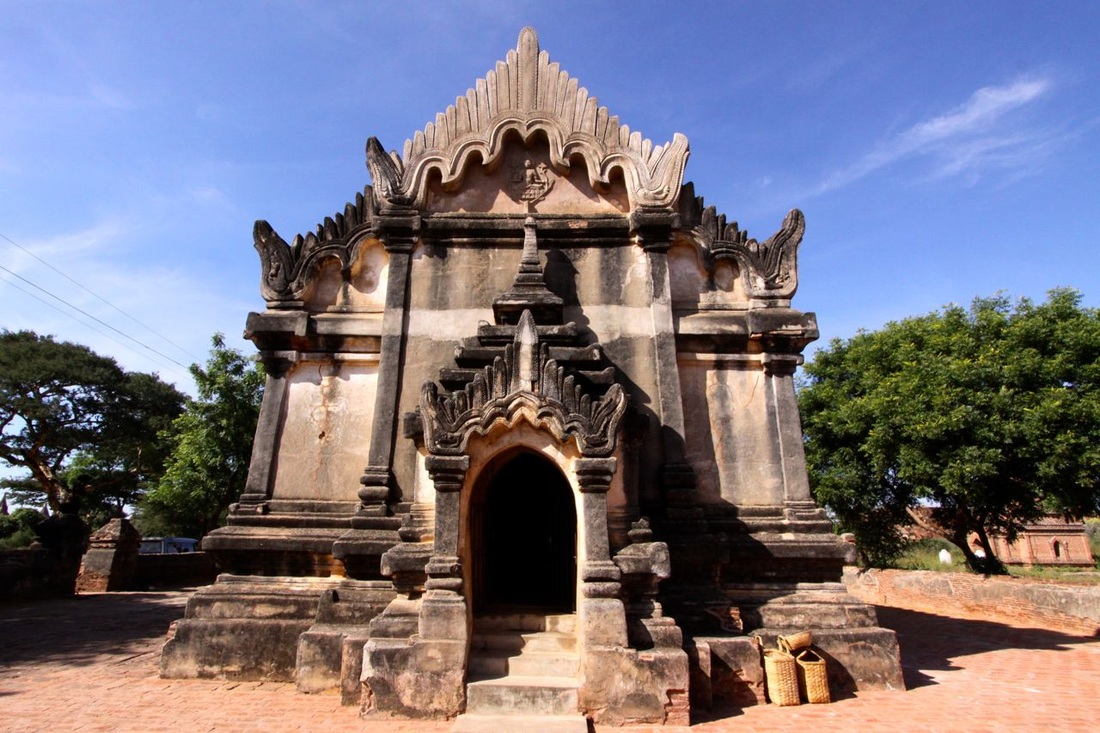
The 13th century Upali Thein or hall of ordination, which is located about 1.5km (1 mile) down the main road towards Nyaung U from the Ananda Temple, was named after the monk Upali. In spite of brick construction, the Upali Thein is thought to look like many of the wooden buildings of the Bagan Era which have disappeared for such a long since time. With a pagoda at the center and the roof with two rows of battlements, the hall of ordination, was under extensive renovations undertook by the Konbaung dynasty at the end of the 18th century. At that time the nice frescoes of Jataka and Buddhas stories that decorate the walls were re-painted.
Abeyadana Temple, Myinkaba
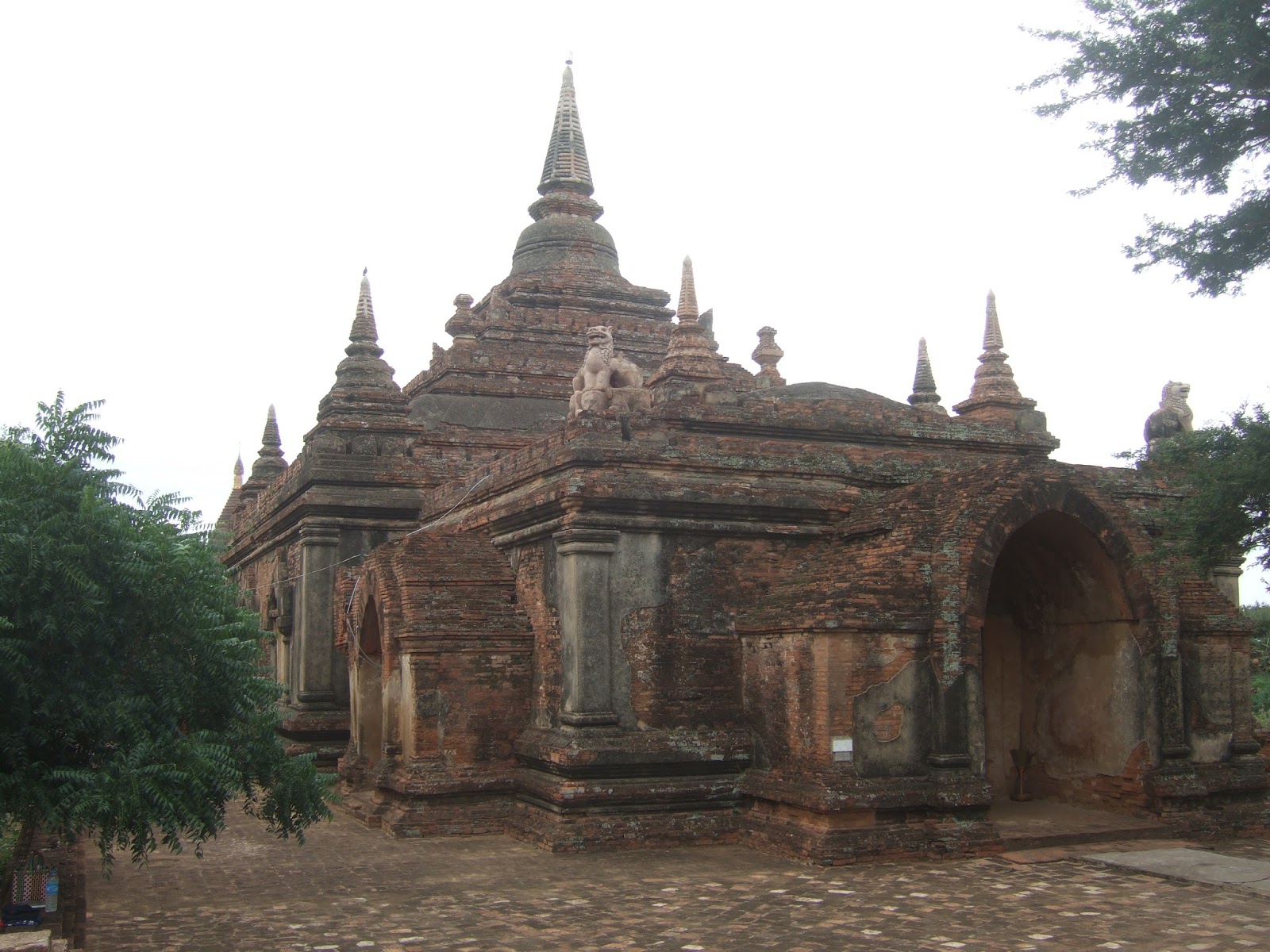
The Abeyadana Temple, which is located on the river-side of the road, was named after the first wife of Kyanzittha, who he got married with as a young warrior. It is rumored by the locals that this temple is located right at the spot where she waited for her husband during his flight from Anawrahta. Originally from Bengal, Abeyadana might be a follower of Mahayana Buddhism: on the inner walls are images of Indra, Shiva, Vishnu, Brahma together with other gods of the Hindu pantheon paying homage to the Master, as well as 550 wonderful Jataka murals while the frescoes on the outer walls of the corridor represent future Buddhas or Bodhisattva.
See more:
Indochina Voyages Blogger







